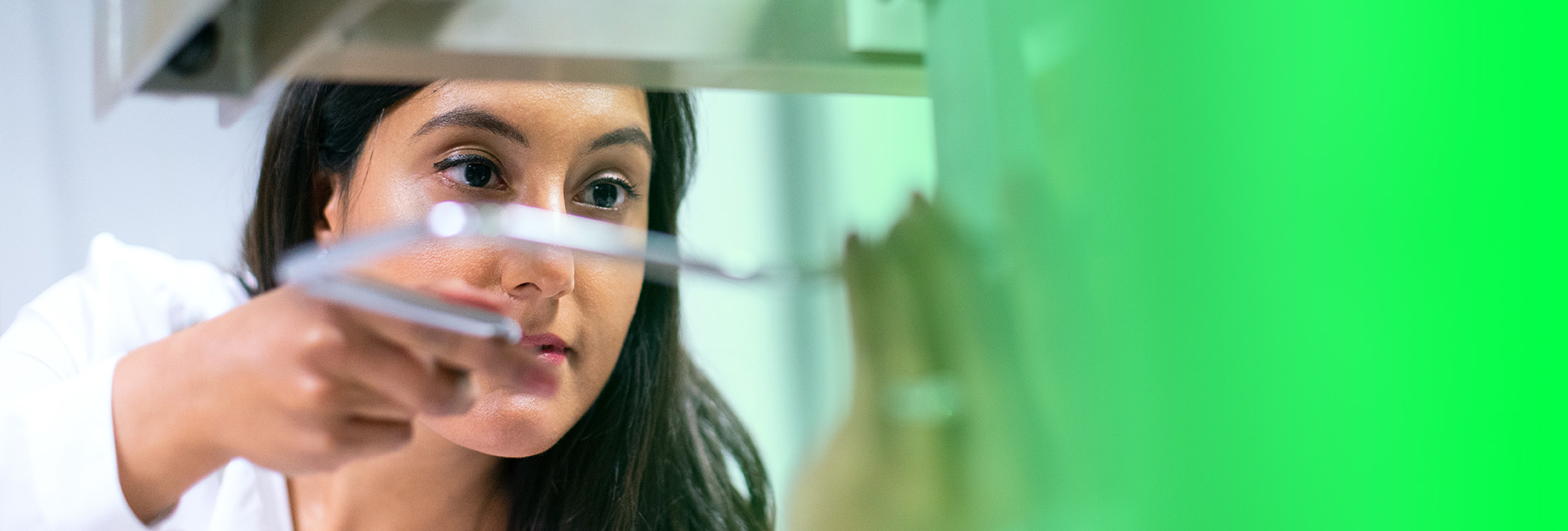The University of Technology Nuremberg considers itself to be an interdisciplinary university with a strong networking approach. We are convinced that new and all-emcompassing knowledge and innovation can only grow where excellence from various different disciplines interacts.
The University of Technology Nuremberg comprises departments designed to overcome disciplinary boundaries. Each professorship is assigned to one department. In the future, however, all department members will conduct cross-boundary research and teaching. One aspect of this approach are the so-called fields of activity which will be centered around major issues and topics of the future. The School of Students and Young Researchers (StaRs), supports professors when it comes to developing a range of courses.
Since 2022, we are in the process of setting up the Department Computer Science & Artificial Intelligence, which is intended to bundle all disciplines relating to engineering and science, and the Department Liberal Arts and Social Sciences, comprising humanities, social and natural sciences as well as mathematics. The interdisciplinary approach and the international and digital orientation of the UTN play an important role in its development.
The UTN Department Model
The departments, which are headed by the Department Chairs, will be organized based on the UTN’s Department Model. The model is characterized by flat hierarchies, thereby enabling the departments to manage their own resources with a high level of flexibility and independence. The Department Chairs will allocate the departments’s financial and staff-related resources in close cooperation with the department boards. The students, researchers and professors of the department are represented on the department boards. On a regular basis, the department board members will discuss the establishment, maintenance and use of the department’s infrastructure, the allocation of personnel and equipment costs, besides deciding – in conjunction with the UTN School of Students and Young Researchers (StaRs) – on the selection process for doctoral and postdoctoral fellowships. Both the academic and non-academic personnel is employed by the department itself, not by an individual professor. This is to ensure a consistent selection process of junior scientists and contributes to a scientific community which is not limited by work group boundaries.
Within the departments, joint use will be made of the scientific infrastructure. In addition, all researchers of the department receive administrative and technical support from the department management and central units, thereby ensuring that professors will have more time to concentrate on their teaching, research and transfer activities. This approach facilitates a quick adoption of changes in research agendas and ensures a better cooperation within and across departments.
Credits Headerimage: Unsplash
